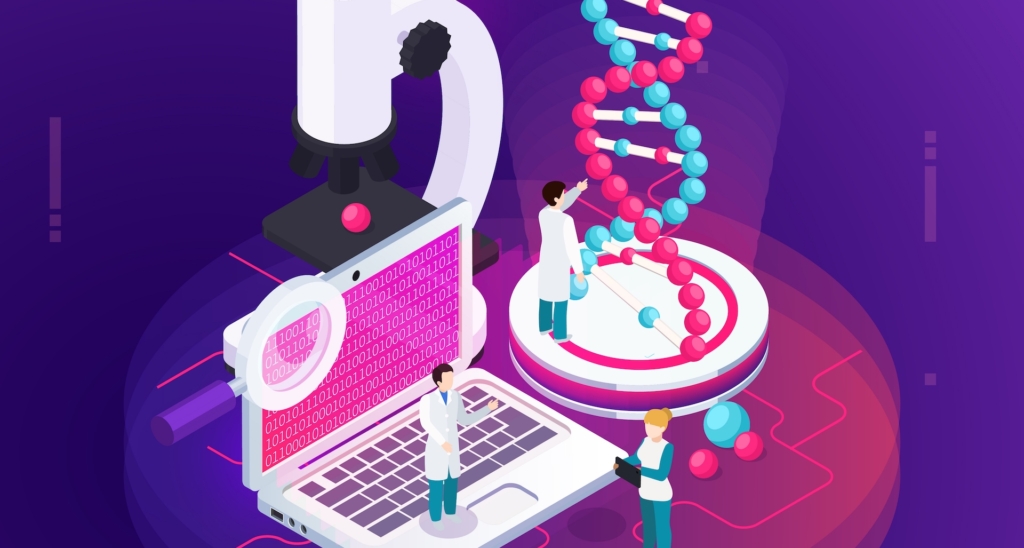Bioinformatics is a rapidly evolving field that has undergone tremendous advancements over the past decade. With the emergence of next-generation sequencing (NGS) technologies, the amount of biological data generated has increased exponentially. This has led to a growing demand for bioinformatics tools and techniques to analyze, interpret, and visualize this data, leading to new discoveries and insights.
One of the recent advancements in bioinformatics is single-cell analysis. Traditional sequencing techniques require large numbers of cells to generate enough DNA or RNA for analysis. However, many biological processes occur at the single-cell level, making it essential to analyze individual cells. With the advent of single-cell sequencing technologies, such as single-cell RNA sequencing (scRNA-seq), researchers can now analyze gene expression profiles of individual cells, revealing new insights into cell diversity, development, and disease.
Another important development is the use of machine learning and artificial intelligence (AI) techniques in bioinformatics. The volume and complexity of biological data require sophisticated algorithms and computational methods to analyze and interpret. Machine learning and AI techniques are increasingly being used in bioinformatics to predict and classify biological data, identify patterns and anomalies, and model complex biological systems. These techniques have been applied to various fields, such as drug discovery, cancer research, and personalized medicine.
Bioinformatics also plays a crucial role in precision medicine, where genomic data is used to tailor treatment to individual patients. Bioinformatics tools can identify genomic variations and mutations that are associated with diseases, allowing clinicians to develop targeted therapies. For example, some cancer treatments target specific genetic mutations, while others use gene expression profiles to predict the response to therapy.
In structural biology, bioinformatics tools, such as molecular modeling, simulation, and docking, can predict the structure of biological molecules and their complexes, aiding drug discovery and protein engineering. Big data analytics has also become essential to extract meaningful insights from the increasing amount and diversity of biological data. Bioinformatics tools and techniques, such as data integration, data mining, and network analysis, can reveal complex relationships between genes, proteins, and other molecules, leading to new hypotheses and discoveries.
In conclusion, the advancements in bioinformatics have revolutionized the way we approach research and healthcare. From single-cell analysis to precision medicine, from machine learning to big data analytics, bioinformatics has transformed the field and opened up new avenues for discovery and innovation. As the field continues to evolve, we can expect even more breakthroughs and discoveries that will impact our understanding of biology and improve human health. Bioinformatics is truly at the forefront of modern research and will undoubtedly continue to play an essential role in the future of medicine and biotechnology.
